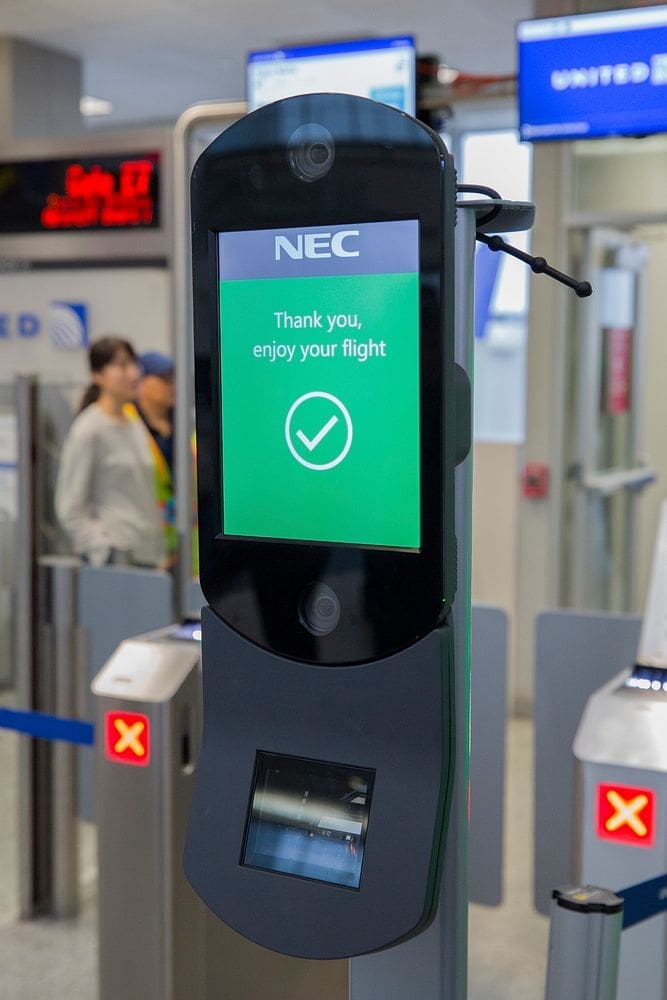Several U.S. Senators, including Sen. Roger Marshall, M.D., have introduced the Traveler Privacy Protection Act to ensure Americans can opt out of facial recognition screenings at airports and protect personal data collected through these scans. Although the Transportation Security Administration (TSA) says participation in facial scans is voluntary, many travelers remain unaware of their right to decline. The TSA has also been criticized for not clearly posting notices at checkpoints to inform passengers of this option.
“Privacy is one of America’s most sacred liberties, and we must protect it,” said Senator Marshall. “In no universe should the federal government collect biometric data from Americans without their full, informed consent. The Traveler Privacy Protection Act strengthens safeguards around this sensitive data and brings transparency for travelers. I’m proud to work with Senators Kennedy, Merkley, and Markey to champion this effort.”
The bipartisan Traveler Privacy Protection Act would require the TSA to offer every passenger the choice to verify their identity without using facial recognition and ensure travelers are clearly informed of this option. It would prohibit the TSA from treating passengers who opt out unfairly and limit how long traveler data collected through facial scans can be stored. The bill also restricts the use of facial recognition solely to identity verification at security checkpoints. In addition, it bars the TSA from using the technology to profile, target, or discriminate against individuals for exercising their constitutional rights or for mass surveillance and tracking.













